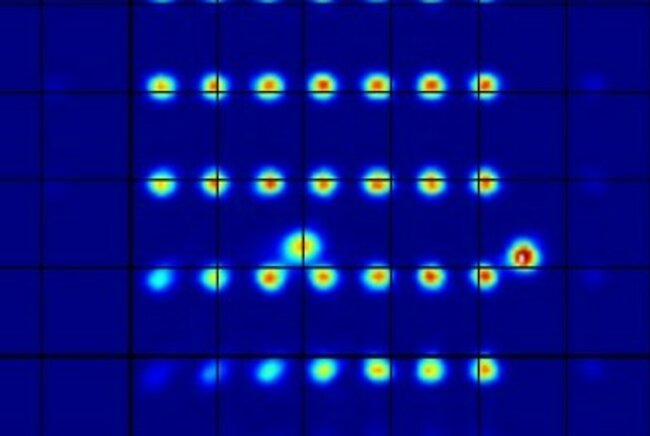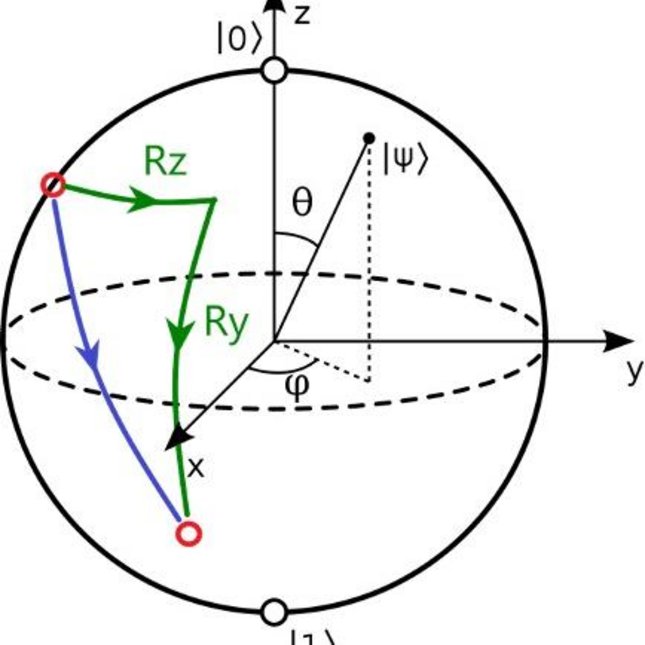Launch of EuRyQa project: a new European Infrastructure for Rydberg Quantum Computing

The European Commission’s Quantum Technology Flagship has launched the ‘European infrastructure for Rydberg Quantum Computing’ (EuRyQa) project. The project is aimed at establishing Rydberg quantum processors as a leading platform for scalable quantum computing in Europe, and joins eleven partners from seven countries among which QDNL community members from our hubs in Amsterdam and Eindhoven.
Dutch partner of the project is the Rydberg atom quantum computing team from our CAT 1 program (Quantum computing and simulation), which involves two quantum computing testbeds in Amsterdam and Eindhoven, and the construction of the cloud-based quantum computing facility in Eindhoven that will be accessible via the Quantum Inspire platform. Part of this team are Robert Spreeuw and Florian Schreck from our Amsterdam hub and Rianne Lous, Edgar Vredenbregt and Servaas Kokkelmans from our Eindhoven hub.
“EuRyQa enables deep connections between our Quantum Delta NL Rydberg Quantum Computing team with other important European teams, many of which have complementary expertise to us”, says Florian Schreck, Professor at the University of Amsterdam. “This will strengthen the European and the Dutch efforts to create societal impact with quantum computing.”
Servaas Kokkelmans, Associate Professor at the Eindhoven University of Technology and coordinator of QDNL action line 1 (Research and Innovation), shares: “With the launch of this project, the European Commission recognizes the importance of an international infrastructure for quantum computing based on ultracold atoms. Our CAT1 program is one of the four leading platforms in EuRyQa, and together we implement the knowledge of fundamental atomic physics into robust quantum technology.”
Below is a press release by EURICE.

The European Commission has just launched the 'European infrastructure for Rydberg Quantum Computing (EuRyQa)' project aimed at establishing Rydberg quantum processors as a leading platform for scalable quantum computing in Europe. Assembling eleven partners from seven countries, EuRyQa is funded under the highly competitive Horizon Europe programme (HORIZON-CL4-2021-DIGITAL-EMERGING-01-30) with a total budget of almost 5 million € over the next three years.
Ultracold-trapped atoms have recently emerged as one of the most promising physical platforms for digital quantum computing, having already demonstrated systems with more than 200 qubits (the computational unit of a quantum computer) with strong interactions mediated by their highly excited Rydberg states and a clear path to further scalability to thousands of qubits. To develop the next generation of fully programmable and scalable quantum computing systems based on ultracold Rydberg atoms, EuRyQa will bring together four complementary European Rydberg platforms. In this way, the consortium aims to provide a unique European solution for Rydberg-based quantum computing, together with the first pan-European benchmarking and standardisation of the technology.
“We will provide a common quantum computing stack for Rydberg atoms, a federated cloud service, solutions to concrete computational problems, and key technology for fault-tolerant quantum computing with Rydberg qubits. The success of EuRyQa will be a game changer for Europe in a global competition for quantum computing.”
Prof. Guido Pupillo, University of
Strasbourg and EuRyQa coordinator
To achieve the project’s aims, EuRyQa unites partners from academia at the forefront of ultracold-atom-based quantum technology with industrial partners providing complementary expertise on quantum hardware, classical electronics, firmware, and software. EuRyQa is coordinated by the University of Strasbourg (France) and other partners include the SMEs PASQAL (France) and QM Technologies (Israel), the University of Stuttgart, the spin-off Qruise GmbH from the Research Centre Jülich, and the consultancy EURICE GmbH (Germany), the University of Amsterdam and the Technical University of Eindhoven (the Netherlands), the research institute Idryma Technologias Kai Erevnas (Greece), Associacao Portuguese Quantum Institute (Portugal), and Università degli Studi di Padova (Italy).